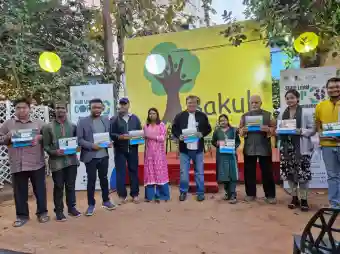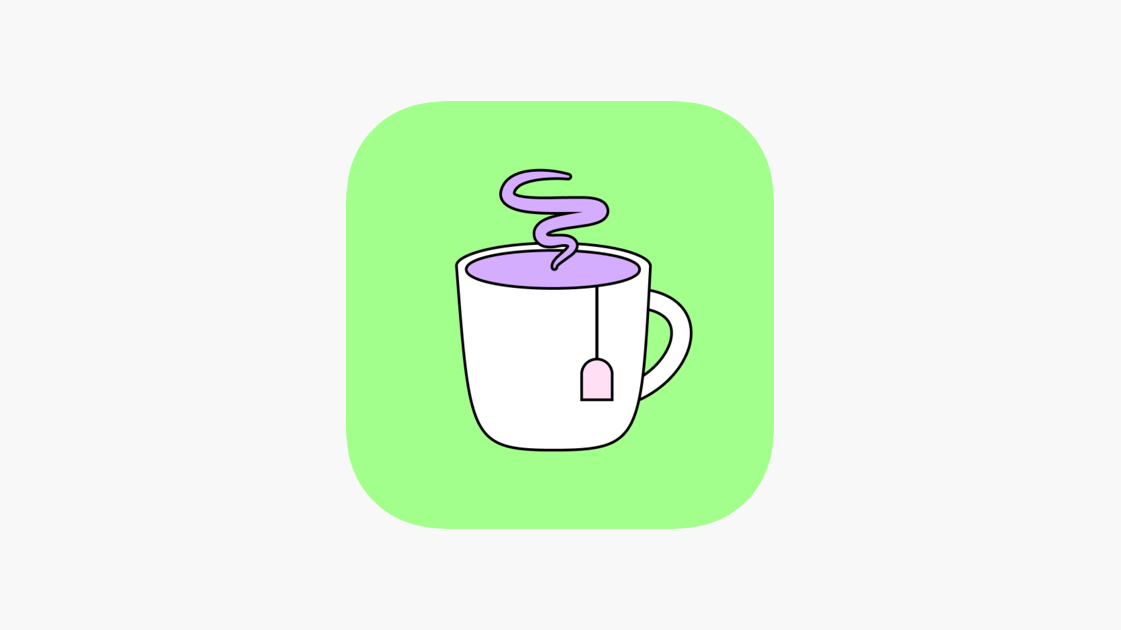

In the complex and often perilous landscape of modern dating, a new app has surged to the top of the iOS App Store, promising to empower women with a powerful, if controversial, tool: shared information. The "Tea Dating Advice" app, a women-only platform for reviewing and rating men, has become a viral sensation, hailed by many as a vital safety net while being condemned by others as a dangerous digital forum for gossip and character assassination.
The premise of the Tea app is straightforward: it functions as a crowd sourced database where women can anonymously post reviews about men they have dated. These reviews can include first names, photos, approximate ages, and locations, along with "red flags" or "green flags" based on their experiences. The app's stated mission is to help women make more informed decisions and avoid potentially dangerous situations, such as dating individuals with a history of violence or deception.
Created by San Francisco-based entrepreneur Sean Cook—who was inspired after his own mother was catfished by men with criminal records—the app is more than just a review platform. It offers a suite of safety features, including background checks, reverse image searches to identify fake profiles, and phone number lookups. To protect its users, the app also blocks screenshots and donates a portion of its profits to a domestic violence hotline.
While the Tea app gained its initial fame in the US, its potential impact in India is immense, tapping into one of the world's fastest-growing dating markets. With projections showing the user base has crossed 80 million, this rapid expansion has also created a landscape fraught with risk for women. A recent survey revealed that a staggering 78% of female users in India have encountered fake profiles, while nearly half of all users report a negative impact on their mental health from their experiences on these platforms.
This climate of distrust and concern has led to the rise of informal online communities. Private Facebook groups like "Are We Dating the Same Guy?" have become popular in major Indian cities, where women discreetly share information to warn each other about men who are deceptive, unfaithful, or abusive. The Tea app, therefore, arrives not in a vacuum, but as a formalised, tech-driven solution to a problem Indian women are already trying to solve on their own.
Despite its popularity among many women, the app has ignited a fierce backlash, primarily from men who argue it is a gross violation of privacy. Critics point out that men are reviewed and judged on a public platform without their consent, with no opportunity to defend themselves against allegations that could be false or malicious. The potential for the app to be used for personal vendettas or baseless character smearing is a significant concern.
This has created a sharp divide. While supporters see it as a long-overdue tool for female empowerment, opponents see a double standard. "If a men’s version of this existed, women and the mainstream media would be up in arms,” one online commenter noted, capturing a common sentiment among critics.
The concept of a dating review system is not entirely new. Apps like Lulu have tried and failed in the past. However, Tea's combination of a user-friendly interface, robust safety features, and perfect timing in the current cultural climate seems to have created a successful formula where others have faltered.
In the end, the meteoric rise of the Tea app highlights a profound and unmet need for greater safety and transparency in the world of online dating. Its success is proof of the real fears women face. However, its methods raise equally profound questions about privacy, consent, and the potential for digital platforms to become venues for public judgment without due process. The long-term viability and social impact of Tea will ultimately depend on its ability to navigate this complex and ethically fraught territory.